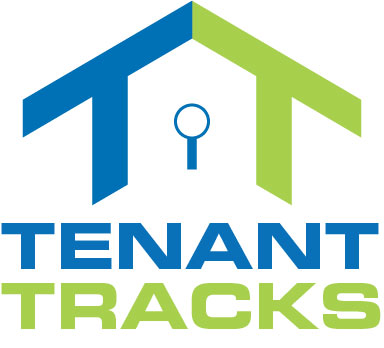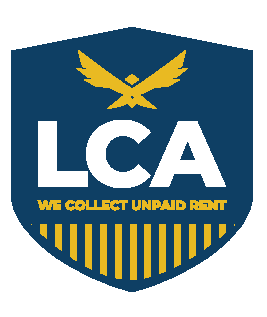This article is proudly provided by our Vendor Member, Joseph V. Scorese, National Sales Director, BrrrrLoans.
Asset-based lending is a form of credit used by businesses. It refers to a loan that is secured by the assets, meaning something of value, owned by the landlord. Companies typically use this to shore up cash flow issues on a short-term basis. While individuals generally don’t use asset-based lending themselves, it is still helpful to understand how it works to aid in your assessment of companies when considering investments.
What Is Asset-Based Lending?
An asset-based loan is a secured loan used by businesses. In this case, the loan is secured by the underlying physical or financial assets of the company. For example, a business might take out an asset-based loan secured by one of its buildings, its industrial equipment, sections of inventory or even payments due in accounts receivable.
Businesses generally use these loans for two reasons:
First, a company might use asset-based lending to cover a short-term cash flow issue. For example, a company that expects to collect significant payments from customers but currently needs cash to pay its bills might take out an asset-based loan.
Second, a company might use asset-based lending to grow and make future investments if it currently has all its cash tied up. For example, a company that just bought a new warehouse might take out an asset-based loan to buy several new trucks to service that location. They’re in a strong position, but cash-light, so an asset-based loan can give them the money to keep growing.
Asset-Based Lending In Real Estate
Asset-based loans are relatively common in commercial and investment real estate.
One of the features of some Real Estate Investors is that they tend to be property-heavy and cash-light. Buying real estate costs an enormous amount of money, so it’s common for a firm to spend that money on its next investment property. This can frequently leave real estate firms’ cash-light when they need to pay bills or when they want to make a new purchase.
To solve this cash-flow issue, real estate firms will often use asset-based loans backed by their real estate holdings. The loan can change based on the underlying value of the property involved.
For example, a landlord might take out an asset-based loan secured by the market value of a property they own. Or it might take out a loan backed by the income of a rental unit. The sale-price of a property will typically generate lower loan-to-value ratios since real estate sales are illiquid. The cash flow of an income-generating property will typically generate higher loan-to-value ratios since this is highly liquid.
Regardless of the value, real estate firms have significant assets they can use to secure an asset-based loan.
Advantages of Asset-Based Lending
There are several benefits of using asset-based lending to grow your portfolio of rental properties.
Faster Processing, Closing, and Turnaround
It typically takes far less time to close on a loan when using asset-based financing than it does with a traditional mortgage product from a bank or credit union. This results from less stringent underwriting guidelines, making it easier for the underwriter to review the file in less time and issue a final lending decision. Furthermore, private lenders have more leeway and aren’t bound by the same restrictions as traditional lenders offering conventional loans and government-backed loans.
Less Documentation and Paperwork
You can also avoid mountains of paperwork and financial documentation that you’ll otherwise need if applying for a traditional mortgage product.
Low Down Payment Requirements
It’s possible to get approved for an asset-based loan with a down payment as low as 20 percent. However, there are lenders that may be willing to loan 100 percent of the property value, but you’ll likely get less favorable terms, including a higher interest rate.
Not Dependent on Personal or Business Assets
As mentioned earlier, asset-based loans are based on collateral and your company’s investment strategy to generate more income. This means the amount of your personal or business assets isn’t necessarily a deal-breaker.
Can You Use Asset-Based Lending for a Rental or Investment Property?
Yes, you can use an asset-based loan to acquire a rental or investment property. It’s also commonly used for fix and flip properties that you only plan to keep for the short term.
How To Qualify for Asset-Based Lending for a Rental Property
Eligibility criteria vary by lender, but here are some tips to keep in mind before applying:
As mentioned earlier, the lender focuses on property values and not credit history when deciding if you qualify for a loan. So, working tirelessly to improve your credit score won’t help you when applying for asset-based financing.
The lender will likely request extensive documentation that outlines your plan to effectively manage and generate positive cash flow with the property.
Your investment objective, projected earnings and exit strategy play a significant role in the loan amount and terms you’re approved for.
If you can effectively plead your case for a loan and submit all the required documentation promptly, it’s possible to get approved, closed and funded in just one to two weeks.
The Bottom Line
An asset-based loan is a business loan secured by property, cash or other assets owned by the business. They are popular for Landlords, as these loans can help a cash-light investor purchase new investment properties.
| Joseph V. Scorese
National Sales Director BrrrrLoans Invest More. Be More. Brrrr More. |
|








